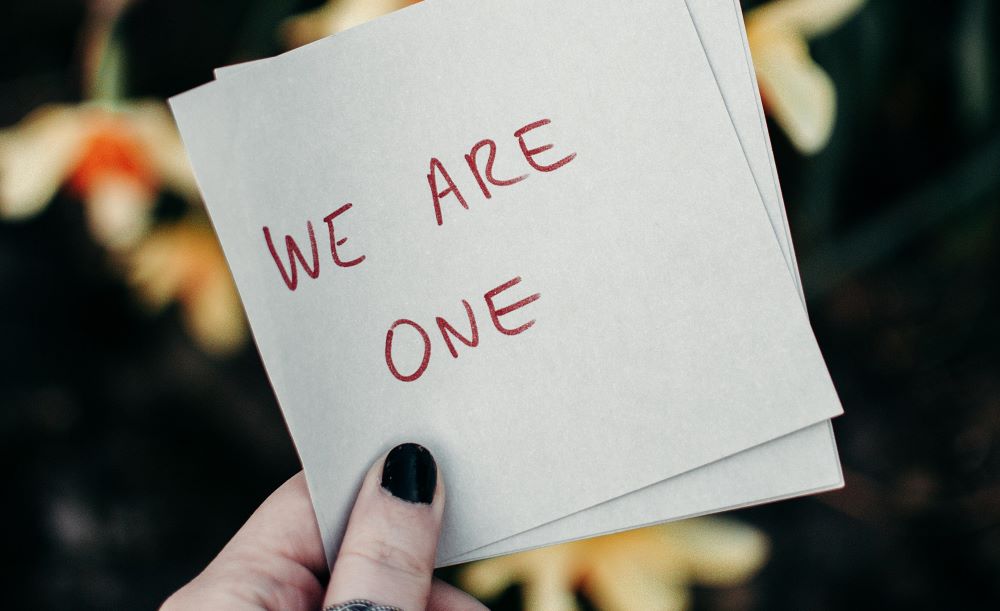Gender bias in healthcare, including mental health care, is well-documented and can lead to significant consequences.
Quality mental health care should be available to all people regardless of gender. It might seem on the surface like that is true, but when looking a little deeper, long-standing gender bias can be seen that threaten the quality of care that individuals receive. Specifically, it has historically been the case that non-men don’t get the same kind of mental healthcare as their male counterparts. But is that still the case today?
Inequity typically goes back many generations, or even many centuries. That seems to be the case with mental health care and how it is applied differently across genders. Typically, individuals other than men were excluded from research projects, and were just assigned a general “hysteria” when they were facing a mental health crisis. This dismissive attitude toward mental health pervaded for many generations, and as a result, some of that bias carries over today. Things are almost certainly much better now than they were years ago, but that doesn’t mean it’s perfect. Plenty of progress still needs to be made if everyone is going to get proper treatment across the board.
The wage gap between men and non-men is well-documented and is another area where progress has been made – but not enough. As an extension of the wage gap, non-men may not be able to afford the kind of mental health care they need because they don’t earn as much for doing the same job. That’s another problem of the modern economy and social landscape that needs to be fixed. If the wage gap were to be eliminated, the non-men in the population would suddenly have more financial resources to seek out help for whatever challenges they are facing.

Yet another issue on this topic is the reality that the majority of mental health care providers are men, and it has been shown that better results are achieved when the patient and provider share a gender. So, adding to the diversity that exists in this profession would be another step in the right direction. If patients have more available options across the spectrum of not only gender but also race and other factors, it will be easier to find a provider with whom they can forge a true connection.
It’s clear that there is still a long way to go in providing mental health care, both in general and for non-men specifically. Of course, mental health is a topic that is more present in modern discourse and discussion than it has been for previous generations, so that is a good start – but it’s not the end of the story. Only when people are able to get the kind of care they need, when they need it, and regardless of gender, will society as a whole be able to start to make a dent in the massive mental health crisis that is continuing to occur.
Sources:
Is there gender bias in mental health care? Here’s what the data shows
Gender Bias in Healthcare Is Very Real — and Sometimes Fatal


Join the conversation!